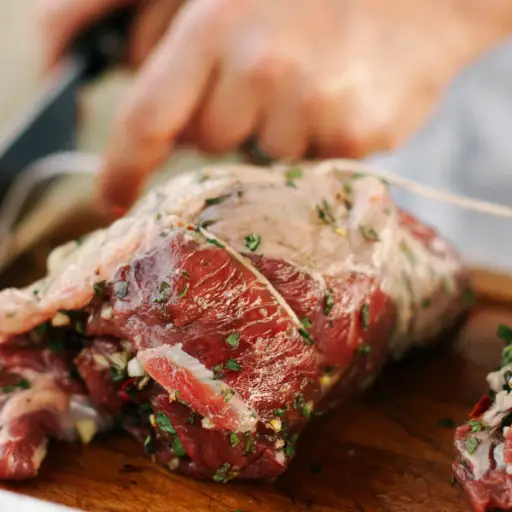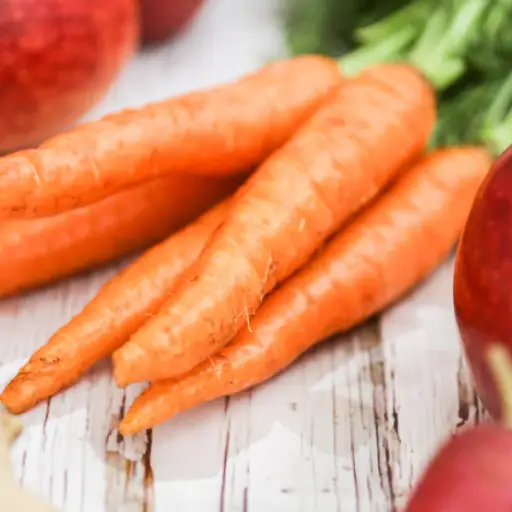Eat to Beat Breast Cancer
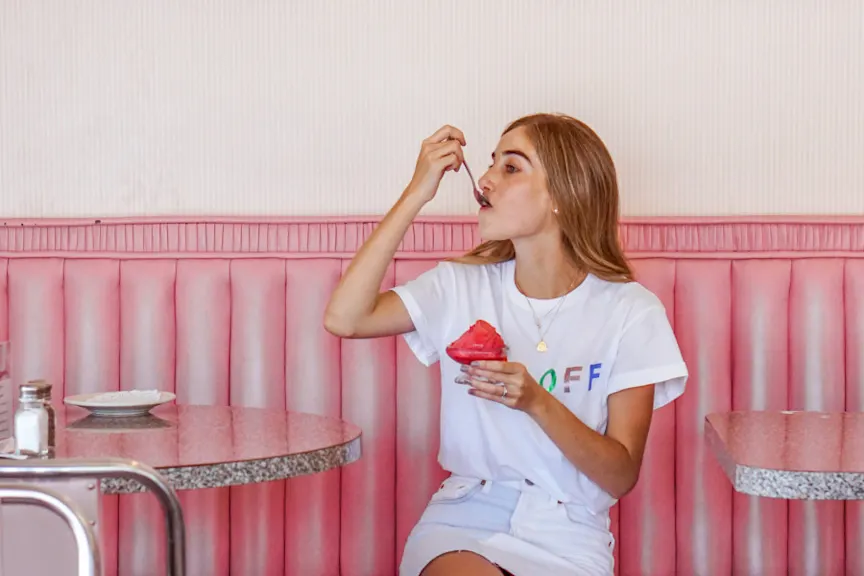
Fries or fruit?Your food choices really do make a difference in your cancer risk, it turns out. According to the American Cancer Society, a whopping 40 percent of all cancers may be linked to lifestyle factors like this. “Diet is the most important lifestyle factor that everyone can control,” says oncologist Jonathon Stegall, M.D., medical director at The Center for Advanced Medicine, an integrative cancer treatment center in Alpharetta, GA. “It should be an integral part of everyone's preventive medicine strategy.” Read on to learn more about how what you put on your plate affects your risk of breast cancer.
Red Meat May Boost Risk
One very large study published in theInternational Journal of Cancerin 2019 found that women who ate the most beef, lamb, and pork had a 23% higher risk of developing breast cancer than women who ate the least. Eating more chicken and turkey, however, was associated with a 15% lower risk. More research is needed, but for now, occasionally trading a beef burger for a turkey patty or grilled chicken breast looks like a smart swap. The World Cancer Research Foundation recommends keeping red meat tono more than three4-6 ounce portions a week.
Fruits and Veggies Are Your Friends
“Maintaining a well-balanced diet composed of mainly of vegetables, fruits, whole grains, poultry and fish has been linked to lower overall rates of breast cancer in some studies,” says Monisha Bhanote, M.D., a triple board-certified physician at Baptist MD Anderson Cancer Center in Jacksonville, FL. In fact, a 2019 study in theInternational Journal of Cancerfound that women who ate more than 5.5 servings of fruits and vegetables each day had an 11% lower risk of breast cancer than those who ate 2.5 or fewer servings. Not only are fruits and veg packed with famously healthy (and anti-cancer) substances like antioxidants, eating more of them is likely to nudge out less-healthy fare like processed meats and refined grains.
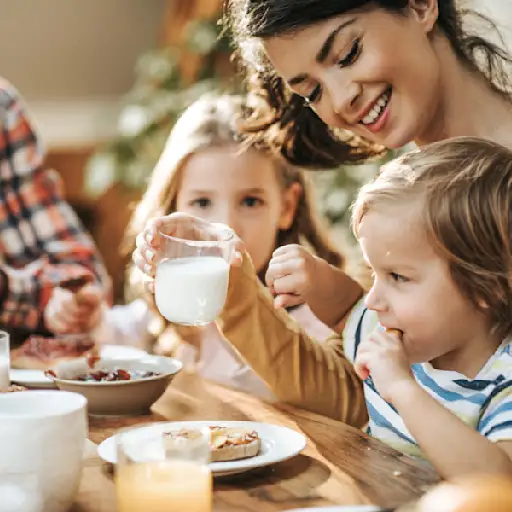
Consider Cow's Milk
Alternative milks like those from soy, hemp, and almonds are a godsend for folks sensitive to dairy. But people who don’t drink cow’s milk are also more thantwice as likelyto have very low blood levels of vitamin D, according to 2018 research from the University of Michigan School of Nursing. That’s bad news, since vitamin D is important in cancer prevention, says Dr. Stegall. The Nurses’ Health Study, for example, found that women with the highest blood levels of D had a50% reductionin their risk of developing breast cancer compared to women with the lowest levels. Our bodies make vitamin D when we’re exposed to sunlight, and it’s also in some foods—but many people need supplements to get enough, says Dr. Stegall.
Tea Is a Smart Sip
Some research suggests四到六杯of coffee a day may lower the risk of some cancers—but that is alotof java. (Jitters, anyone?) The real anti-cancer super star beverage is tea. Antioxidants in bothgreen and black teahave been shown to protect cells against DNA damage that can lead to cancer, according to the National Cancer Institute. Green tea is packed with polyphenols, strong antioxidants that helpreverse tissue and DNA damage from free radicals.
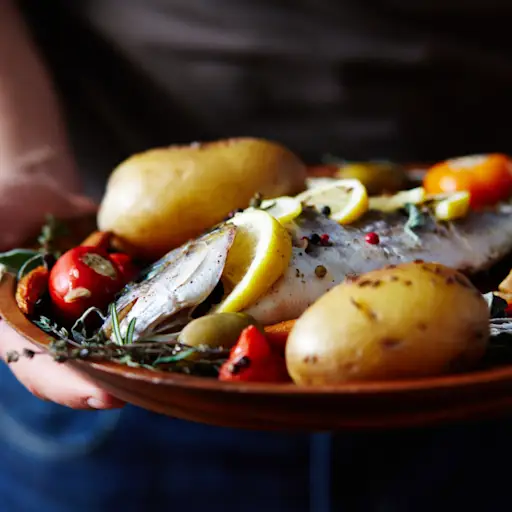
Greeks and Italians Have the Right Idea!
A traditionalMediterranean-style diet—heavy on the seafood and vegetables, and low on refined grains and processed snacks—is linked to many health benefits, including a健康的胸罩inand heart. Some research has connected this pattern of eating with a lower risk of breast cancer, too. A 2018 study published in the journalNutrientsfound that women who adhered closely to a Mediterranean style of eating had about a 14 percent lower risk of developing breast cancer than those who didn’t.
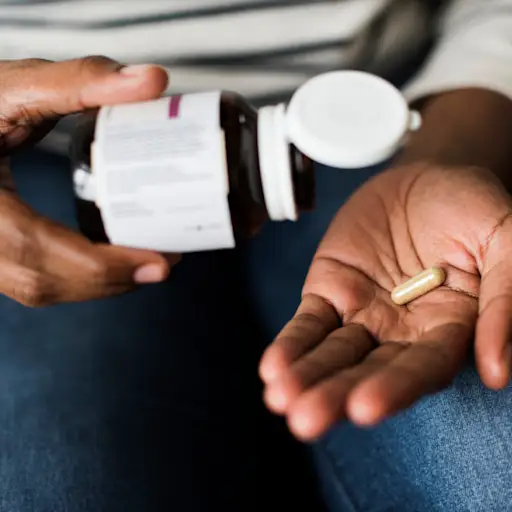
Supplements Don't Pack the Same Punch as Whole Foods
Antioxidants like vitamin C, E, and beta-carotene have long been heralded for their anti-cancer properties. But these compounds—which help protect against oxidative damage to cells that can lead to cancer—don’t seem to help much when they’re taken in pill form. Several studies have found antioxidant supplements to have no effect on breast cancer risk, according to the American Cancer Society. And some research has even shown a slight increase in chances of developing cancer. The bottom line: Antioxidants are powerful medicine, but it’s best to get them you’re your fruits and vegetables.
Sugar Doesn't "Feed" Cancer
You may have heard the saying that “sugar feeds cancer.” Although all cells in the body—including cancerous ones—use glucose for energy, there’snothing specific about sugarthat spurs the growth of cancer cells, according to the American Cancer Society. That said, “refined sugar is considered a key culprit in the rise of obesity,” says Dr. Bhanote. Before menopause, being overweight or obese is linked to a slightly lower breast cancer risk. But after menopause, it’s associated withincreased risk, likely because ofincreased estrogen in the blood stream.
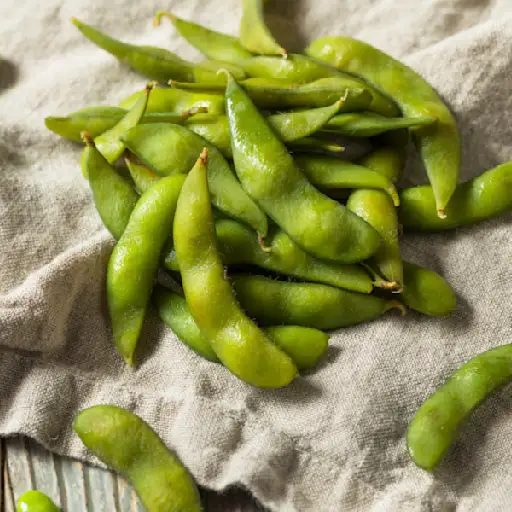
Some Soy Is Good Food
Soy contains plant chemicals called phytoestrogens that are similar to the hormone estrogen in humans. Although elevated levels of estrogen after menopause are linked to breast cancer, there’s growing evidence that eating traditional soy foods like edamame and tofu—which contain which high levels of strongantioxidants called isoflavones—may actually lower the risk of the disease, according to the American Cancer Society. That said, it’s unclear what effect processed foods like veggie burgers or soy milk made with soy protein “isolate” may have on risk. Some studies have linked isolates to increased risk, notes Dr. Bhanote. The bottom line: Don’t overdo it on processed soy products, but look to tofu, tempeh, and other more traditional types of soy foods to get plant-based protein into your diet, she says.
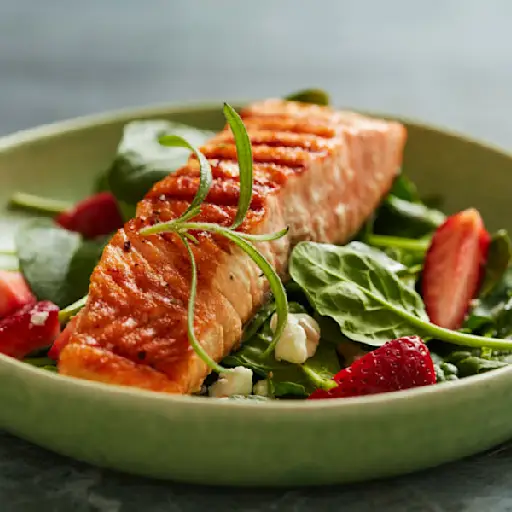
A Healthy Gut May Support Healthy Breasts
The collection of bacteria, fungi, and other microbes in the digestive systems—also known as the “gut microbiome”—looks different inwomen with breast cancerthan those without. “With a poor diet, one can develop ‘dysbiosis,’ which is a microbial imbalance within the gut; this can negatively affect one’s immune system and possibly trigger tumor growth,” explains Dr. Bhanote.Fiber from fruits, vegetables, whole grains, and legumes all contribute to a healthier bacterial balance in the gut, as do omega-3 fats from foods like seafood and walnuts and fermented foods like yogurt and kefir.
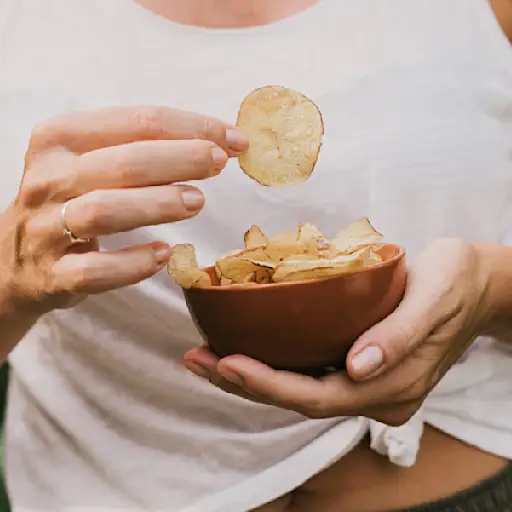
Ultra-Processed Foods are Bad News
Sugary drinks and packaged snacks like chips, otherwise known as “ultra-processed” foods, are linked to an increased risk of several cancers, including breast cancer. One large study published in theBritish Medical Journal在2018年发现佛r every 10 percent increase in the proportion of ultra-processed foods in someone’s diet, there was an11 percent increasein the risk of developing breast cancer. The bottom line? Having a clean, unprocessed diet rich in vegetables, fruits and whole grains, with limited meat intake is your smartest anti-cancer diet approach, says Dr. Bhanote.
Sunny is a health journalist with deep expertise in women's and children’s health who has written for some of the largest and most well-known print and digital publications in the United States. She’s also the author of the bookFood: The Good Girl’s Drug, and writes essays and reported pieces on body image, eating disorders, parenthood, and mental health. She lives in Portland, OR, with her husband and two daughters.

